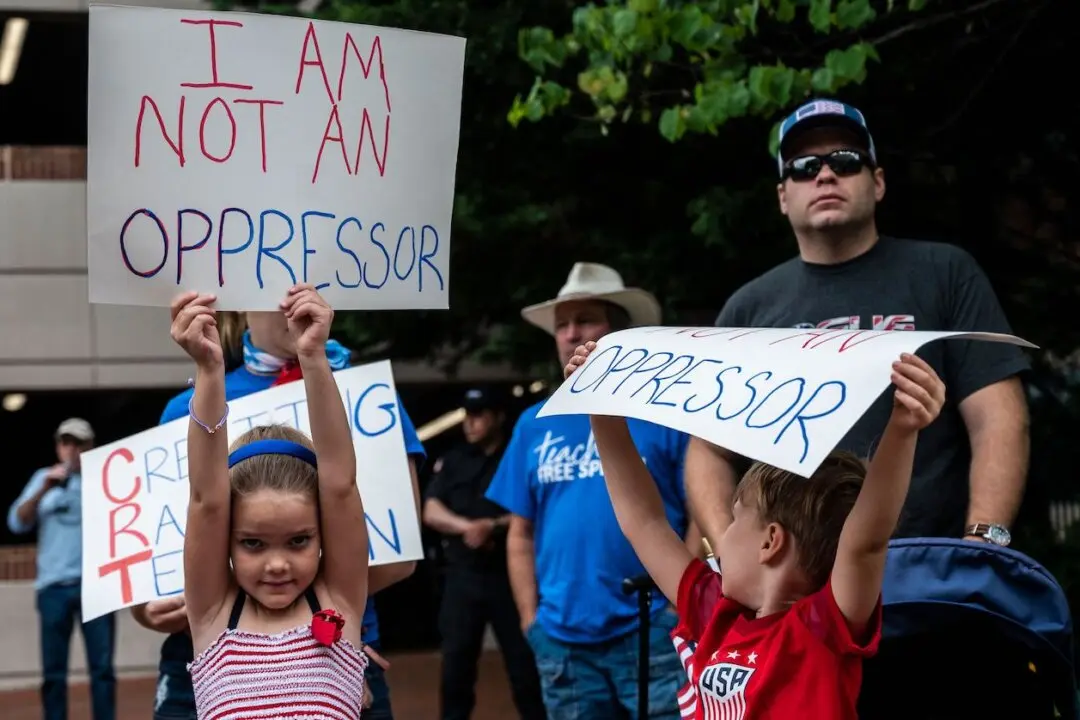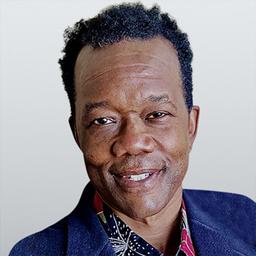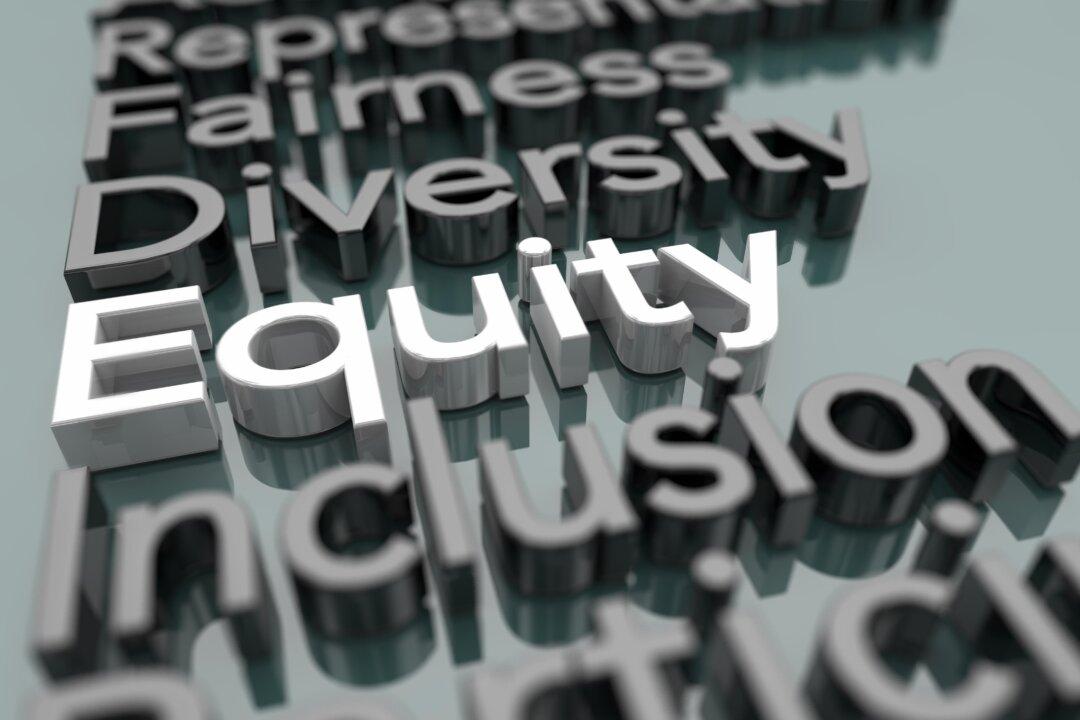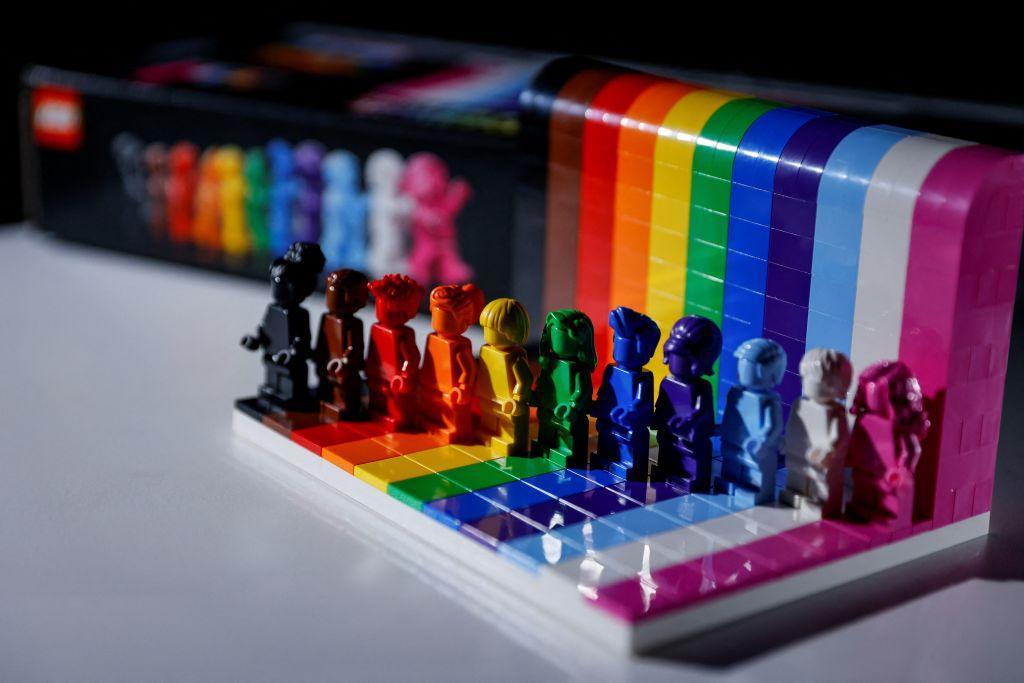Commentary
Global multinational powers, institutions, and nation-states have adopted and enshrined diversity, equity, and inclusion (DEI) as the way to help diversify professions, colleges, and workplaces. A history of racism and inequality has plagued many cultures and societies, so DEI arose as a possible tool to help alleviate the harms and end maltreatment and disparities.





